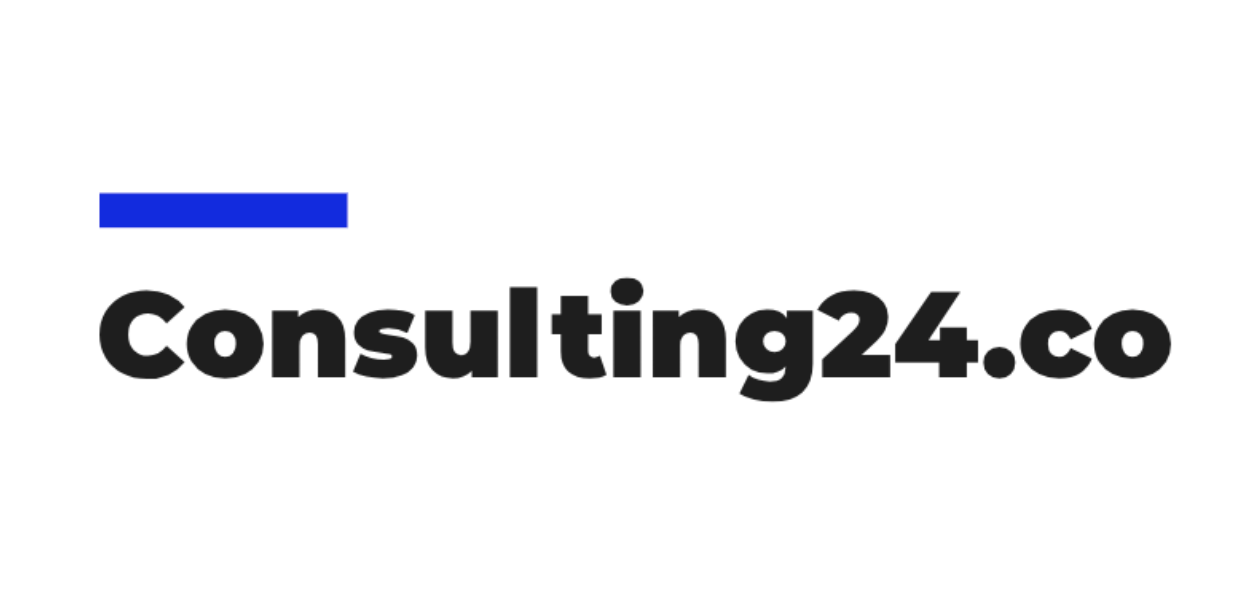Key Legal Considerations for Obtaining a Cryptocurrency License in Lithuania
Cryptocurrencies have gained significant popularity and recognition globally, revolutionizing the financial landscape. As governments strive to regulate and provide a stable framework for these digital assets, obtaining a cryptocurrency license has become vital for businesses operating in this sector. Lithuania, a forward-thinking European nation, has emerged as an attractive destination for individuals and companies seeking to operate within the cryptocurrency ecosystem. In this article, we will explore the key legal considerations for obtaining a cryptocurrency license in Lithuania.
Lithuania’s proactive approach to cryptocurrencies has resulted in the establishment of comprehensive regulations, fostering innovation and ensuring investor protection. To engage in cryptocurrency-related activities, entities must obtain a license from the Lithuanian supervisory authorities, such as the Bank of Lithuania. The first step towards acquiring a cryptocurrency license in Lithuania is to establish a legal entity within the jurisdiction. This entity must have a registered office, a competent management board, and fulfill the fit and proper criteria set by the supervisory authorities.
Next, applicants must undergo a diligent application process, which includes submitting a detailed business plan outlining their intended activities and compliance procedures. The business plan should clearly articulate the mechanisms for customer identification, risk management, and compliance with anti-money laundering regulations. Additionally, applicants must demonstrate robust cybersecurity measures to protect against hacking and other potential threats.
One of the essential legal considerations is complying with the stringent anti-money laundering (AML) and counter-terrorism financing (CTF) requirements. Entities must implement adequate customer due diligence procedures, perform ongoing monitoring of customer transactions, and report any suspicious activities to the relevant authorities. Adhering to these AML and CTF regulations is crucial to obtaining and maintaining a cryptocurrency license in Lithuania.
Furthermore, having a clear and transparent ownership structure is paramount. Lithuanian authorities expect companies to disclose the identities of all shareholders, beneficial owners, and members of management. Applicants must ensure that none of these individuals have a criminal background, and their reputation aligns with the values of financial stability and integrity.
Additionally, companies must comply with tax obligations, including VAT and corporate income tax. Lithuania has adopted a pragmatic approach towards cryptocurrency taxation, treating them as tangible goods subject to VAT and capital gains taxation. Applicants must demonstrate their understanding of the tax laws and how they intend to fulfill their obligations.
Lastly, ongoing compliance with the regulations is crucial to maintaining a cryptocurrency license. License holders must regularly report to the supervisory authorities, ensuring transparency and accountability. Failure to comply with these requirements can lead to severe penalties, including license revocation.
In conclusion, Lithuania has created a robust regulatory framework for cryptocurrency-related activities, making it an attractive destination for businesses in the sector. However, obtaining a cryptocurrency license in Lithuania requires careful consideration of legal requirements such as AML and CTF compliance, cybersecurity measures, ownership transparency, and tax obligations. By adhering to these key legal considerations, companies can operate within the cryptocurrency ecosystem in Lithuania, ensuring investor protection and fostering trust in this rapidly evolving industry.
——————-
Article posted by:
Consulting24.co
https://www.consulting24.co/
Consulting24 is the fastest-growing consultancy company in Estonia, Lithuania & Dubai by volume and has obtained over 500 crypto licenses.

